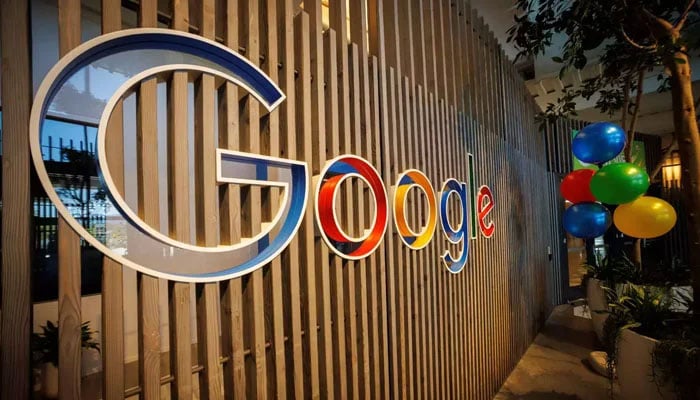Exploring the distinctions: Google's AI search versus Bard chatbot
Google has expanded the availability of its Bard chatbot to 180 countries, positioning it as a direct competitor to OpenAI's ChatGPT
During its recent demonstration, Google, a subsidiary of Alphabet Inc., unveiled an upgraded version of its core search product, incorporating a higher degree of artificial intelligence (AI) in its responses. The objective behind this update is to address concerns about Google's competitive position vis-à-vis Microsoft's Bing search, which is powered by OpenAI technology.
While Google already has its Bard chatbot as a direct competitor to OpenAI's ChatGPT, the new search update emphasizes the distinction between using traditional Google search for informational queries and utilizing Bard for collaborative and creative purposes.
Known as the Search Generative Experience, the updated Google search maintains its familiar homepage with a search bar. However, the key difference lies in the answers provided. If the new Google determines that generative AI can effectively address a query, it will present the AI-generated response prominently at the top of the search results page, with traditional web links appearing below. For example, a search for San Francisco weather will yield an eight-day forecast, while inquiries about suitable outfits for the city will generate detailed AI-generated suggestions.
Furthermore, users will have the option to engage in a "conversational mode" that retains the memory of their previous questions, enabling easier follow-up inquiries. It is important to note that the conversational mode is not designed to emulate a chatbot with a distinct personality, but rather to refine search results. Unlike Bard and ChatGPT, responses in conversational mode will avoid the use of personal pronouns.
Although the Search Generative Experience is not currently available, it will soon be accessible to U.S. consumers through a waitlist, allowing Google to evaluate the quality, speed, and cost-effectiveness of the search results. Meanwhile, Bard is already accessible in 180 countries and territories without the need for a waitlist, and Google plans to expand its language support to cover 40 languages.
With these updates, Google aims to harness the power of AI to enhance its search capabilities while maintaining a clear differentiation between traditional information-based searches and the collaborative potential facilitated by Bard. By providing users with more comprehensive and contextually relevant search results, Google seeks to strengthen its position in the competitive search engine market.
-
Shanghai Fusion ‘Artificial Sun’ achieves groundbreaking results with plasma control record
-
Polar vortex ‘exceptional’ disruption: Rare shift signals extreme February winter
-
Netherlands repatriates 3500-year-old Egyptian sculpture looted during Arab Spring
-
Archaeologists recreate 3,500-year-old Egyptian perfumes for modern museums
-
Smartphones in orbit? NASA’s Crew-12 and Artemis II missions to use latest mobile tech
-
Rare deep-sea discovery: ‘School bus-size’ phantom jellyfish spotted in Argentina
-
NASA eyes March moon mission launch following test run setbacks
-
February offers 8 must-see sky events including rare eclipse and planet parade












